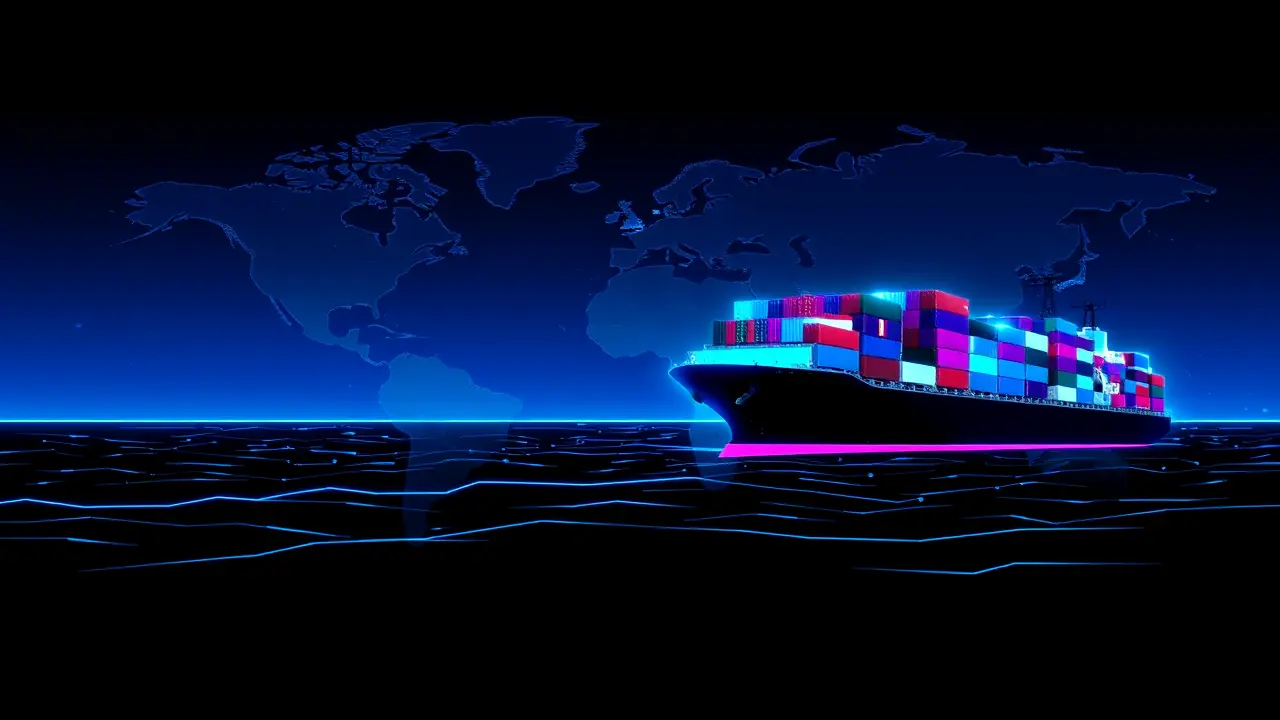US and China Impose Rival Port Fees on Shipping
The global shipping lanes, those vital arteries of international commerce, have just become a new front in the strategic competition between Washington and Beijing, with the simultaneous imposition of rival port fees this Tuesday marking a significant escalation in economic statecraft that analysts fear injects a dangerous dose of uncertainty into an already fragile supply chain ecosystem. While the U.S. measures, long telegraphed as part of a broader strategy to counter what it deems unfair trade practices, represent a calculated pressure point, China’s retaliatory tariffs, announced with surgical precision last Friday and detailed in the first hour of their implementation, reveal a sophisticated and pre-emptively defensive counter-strategy.The devil, as always, is in the details, and Beijing’s crucial exemption for vessels built in Chinese shipyards—a carve-out that effectively shields a substantial portion of its own state-backed and commercially aligned fleets—is a masterstroke in limiting the immediate domestic impact while forcing foreign-flagged carriers to bear the brunt of the new cost calculus. This isn't merely a tit-for-tat tariff skirmish; it's a high-stakes game of geopolitical chess where control over logistics networks and chokepoints is the ultimate prize, echoing historical precedents like the British Empire's reliance on its merchant marine for global dominance.The immediate consequence is a bifurcated shipping market, where routing decisions will now be heavily influenced by vessel origin and ownership, potentially creating a two-tier system that advantages China’s burgeoning domestic shipbuilding industry and further consolidates its influence over key regional ports from Hambantota to Piraeus. Risk analysts are now modeling scenarios where this fee war accelerates a broader decoupling of logistics infrastructures, forcing multinational corporations to reassess their entire supply chain vulnerability, not just to cost fluctuations but to political leverage.The exemption for empty containers, a seemingly minor technicality, underscores the complex interdependencies at play—it’s a nod to the brutal economics of repositioning assets and a tacit acknowledgment that even in a trade war, certain foundational logistics cannot be completely disrupted without causing systemic collapse. However, the long-term strategic implications are far more profound: by weaponizing port access and fees, both superpowers are testing the resilience of the globalized economic model itself.We are witnessing the early stages of a managed fragmentation, where the rules-based order of container shipping gives way to a new era of bloc-based, politically-aligned trade corridors, a shift that could redefine global inflation dynamics, insurance premiums, and ultimately, the price of goods on every shelf from Des Moines to Delhi. The uncertainty now looming over the industry is not just about quarterly earnings for Maersk and COSCO; it's about the very architecture of 21st-century trade, and this week's dueling fee schedules may well be remembered as the opening salvo in a protracted struggle for maritime primacy.
It’s quiet here...Start the conversation by leaving the first comment.
